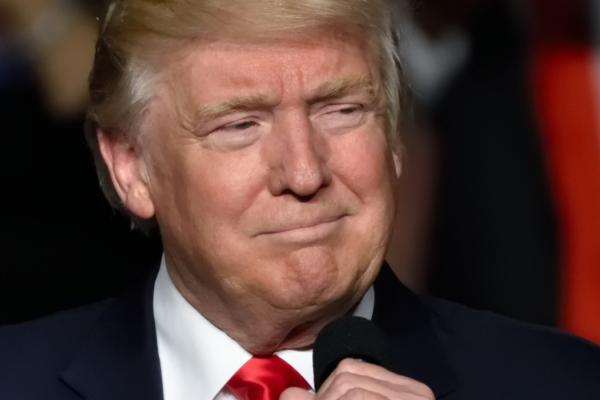Jun 13, 2017
Trump’s trip, then, is the epitome of this unique, sales-based approach that characterized his campaign and administration — a move toward achieving personal, political, and even religious victory, simultaneously. But to what end? The only clear motivation to which I can point is the uncannily vague promise to “Make America Great Again.”
Read the Full Article

Already a subscriber? Login
